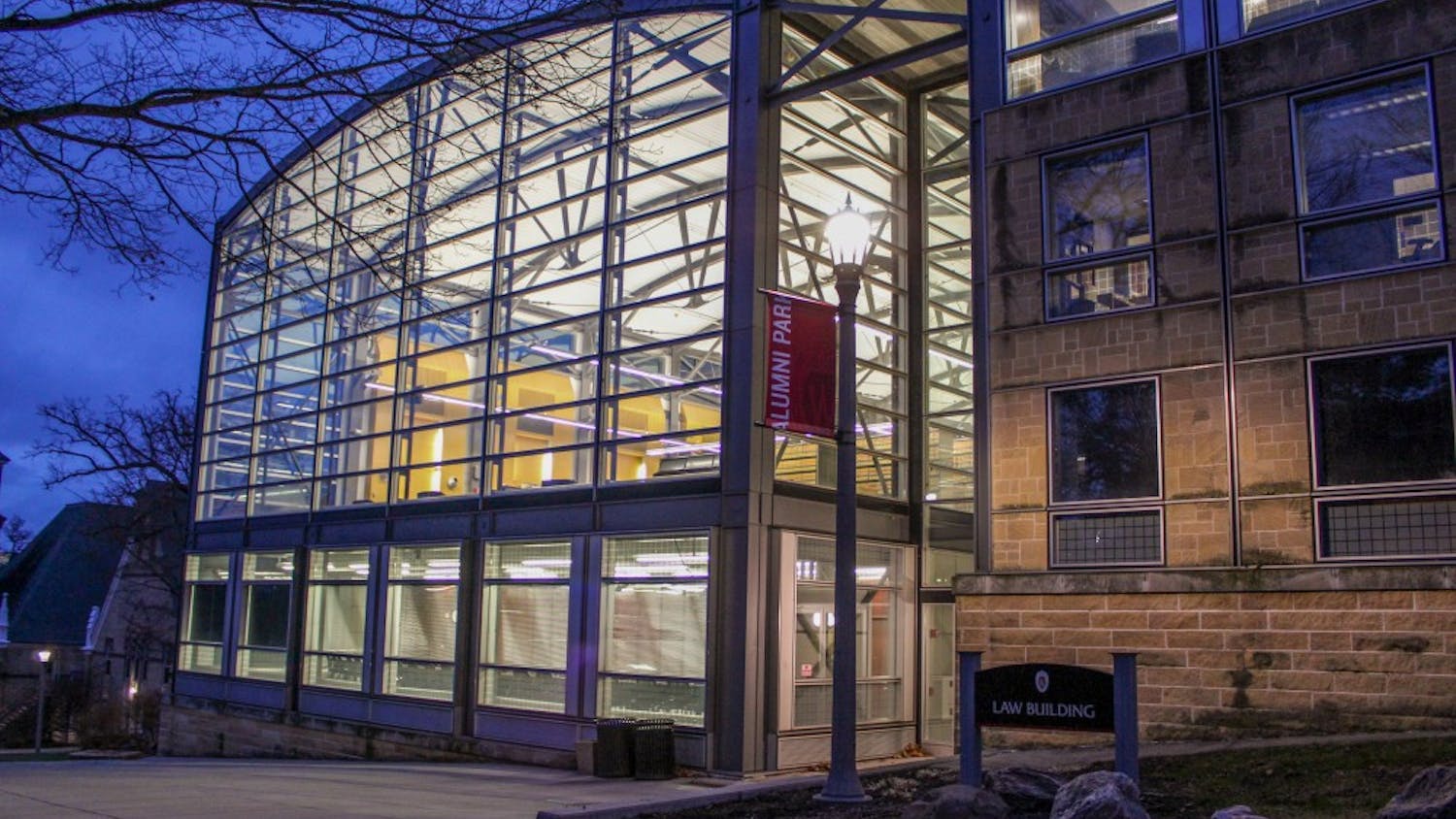At a public hearing Wednesday, opponents of a bill to protect health care providers who refuse to perform certain reproductive-related procedures called the bill dangerous to patients while supporters called the bill necessary for doctors and pharmacists.
Assembly Bill 207 passed the state assembly in June and needs only to be passed by the Senate before it is sent to Gov. Jim Doyle's desk.
Called the \Patient Abandonment Bill"" by opponents and the ""Conscience Protection Act"" by supporters, Assembly Bill 207 suffers from a multiple-personality disorder. The language in the bill has led different groups to come to completely different conclusions about its scope and effects.
One major disagreement concerns whether the bill will enable healthcare providers to withhold information from patients. NARAL Pro-Choice Wisconsin said in a statement that, under current law, doctors can refuse to perform procedures they disagree with but ""nevertheless have an ethical obligation to provide accurate, comprehensive information about treatment options and refer the patient to a different advisor.""
Mary Klaver, legislative legal counsel for Wisconsin Right to Life said the bill does not allow doctors to withhold information. The bill protects against discrimination providers who refuse to ""participate"" in eight activities, including sterilization procedures, abortions, experiments that use cells or tissue from embryos, and euthanasia. Participation is defined in the bill to include ""to recommend, counsel in favor of [and] make referrals for.""
In testimony to the Committee on Health, Children, Families, Aging and Long-Term Care, Rev. Tim Simpson of the Wisconsin Christian Alliance for Progress opposed the bill saying, ""The greatest discrimination of all would be brought against the patients who need the prescribed treatment ... but yet who are denied them because they don't square with the religious beliefs of health care providers in their area.""
Simpson added that while Mennonites and Jehovah's Witnesses have faced legitimate persecution, doctors and pharmacists in this situation do not have a legitimate complaint.
Klaver calls the bill an important tool for medical professionals who refuse certain practices.
""The underlying principle embodied in AB 207 is that health care professionals ... should not be forced to participate in activities that involve the deliberate destruction of human life,"" Klaver said.
R. Alta Charo, professor of law and bioethics at UW-Madison opposed the bill and said in testimony that if passed, the bill could have wide-ranging effects. She said many ordinary childhood vaccines have been derived from the tissue of aborted fetuses and doctors could withhold these vaccines if this bill passes.





